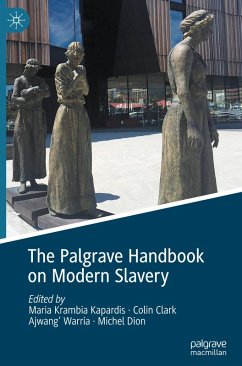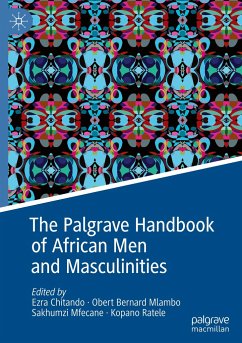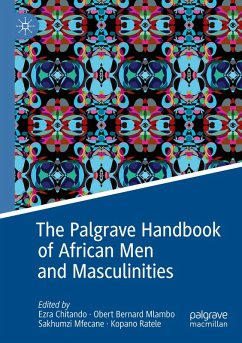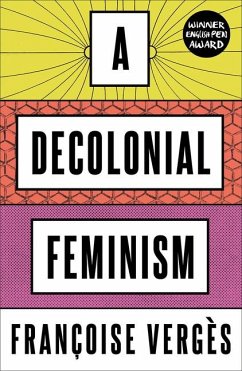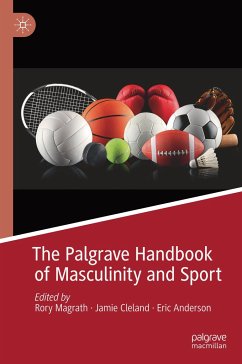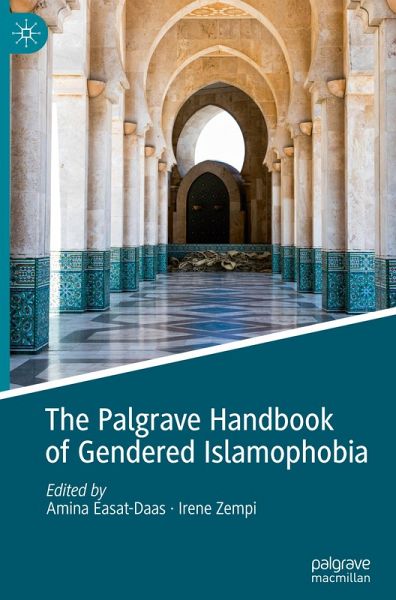
The Palgrave Handbook of Gendered Islamophobia

PAYBACK Punkte
68 °P sammeln!
Against a backdrop of continually growing global Islamophobia, this handbook provides a comprehensive, interdisciplinary overview of the key issues, theories, debates, and developments in gendered Islamophobia, unpacking how Western, Orientalist constructions of Muslim men and women affect the lived experiences of Muslim men and women; impact social, legal, and criminological policies, practices, and discourse; and give rise to resistance against gendered Islamophobia.Drawing on theories from philosophy, sociology, gender studies, psychology and criminology, sections examine the interdisciplin...
Against a backdrop of continually growing global Islamophobia, this handbook provides a comprehensive, interdisciplinary overview of the key issues, theories, debates, and developments in gendered Islamophobia, unpacking how Western, Orientalist constructions of Muslim men and women affect the lived experiences of Muslim men and women; impact social, legal, and criminological policies, practices, and discourse; and give rise to resistance against gendered Islamophobia.
Drawing on theories from philosophy, sociology, gender studies, psychology and criminology, sections examine the interdisciplinary theoretical dimensions of gendered Islamophobia; illustrate the dynamics of gendered Islamophobia through the use of case examples in the UK, Europe, North America, Australasia, the Middle East, and South Asia.
This handbook will be valuable reading for scholars, researchers, and policymakers around the globe in Gender Studies, Sociology, Criminology, Politics, and Law, whofocus on the intersections of gender and Islamopobia, and the impact on Muslim men and women respectively.
Chapter "Why Being a Woman Matters When Countering Islamophobia in Australia" is available open access under a Creative Commons Attribution 4.0 International License via link.springer.com.
Drawing on theories from philosophy, sociology, gender studies, psychology and criminology, sections examine the interdisciplinary theoretical dimensions of gendered Islamophobia; illustrate the dynamics of gendered Islamophobia through the use of case examples in the UK, Europe, North America, Australasia, the Middle East, and South Asia.
This handbook will be valuable reading for scholars, researchers, and policymakers around the globe in Gender Studies, Sociology, Criminology, Politics, and Law, whofocus on the intersections of gender and Islamopobia, and the impact on Muslim men and women respectively.
Chapter "Why Being a Woman Matters When Countering Islamophobia in Australia" is available open access under a Creative Commons Attribution 4.0 International License via link.springer.com.






